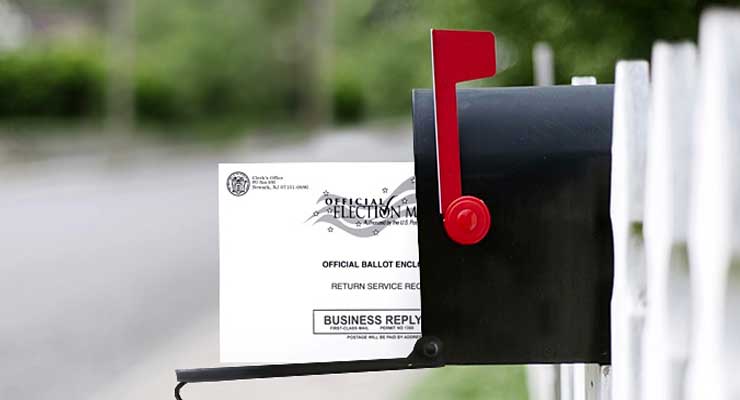
Elections can be chaotic. Violence during campaigns, corrupt unwillingness by political leaders to transfer power, and long lines. Through it all, America has shown a relatively consistent democratic process, albeit imperfect.
For one, intelligence agencies all say Russia tampered last November’s election. And Donald Trump— the unlikely candidate backed by Russia— is now sitting in the highest office of the land. The result is an undermining faith in American democracy. An enemy went out of its way to select its preferred candidate, and its choice prevailed in one of the most surprising presidential victories of all time.
But activists see even more at fault domestically, with the Electoral College that progressed a less popular candidate. They argue Trump would not have won if it were not for the Electoral College’s dismissal of the popular vote.
Ironically, Trump, as President of the United States, himself distrusts American elections, holding faith in an alternative reality. He believes he is the rightful winner of the popular vote due to the illegitimate votes of millions of undocumented immigrants, hence his executive order for an Advisory Commission on Election Integrity.
Either way, Russia and Trump have both created doubt in the minds of Americans as to the integrity of the election process. The impact is on future elections. Soon Americans will once again embrace their weather as they take off from obligations to stand on their feet and cast away their votes. Democracy at its finest, isn’t it?
Forget Trump’s rhetoric, Russia’s ploys, and the electoral college for a second. The biggest threat to democracy is the voting process we currently have in place. The literal way we vote, which can make or break an election, is wrong. Misguided under the guise of tradition. It forces voters to take off work to stand in rain and vote based on who CNN presented more favorably the night before. A more voter-friendly structure looks like this: it allows multiple weeks to vote, thus, maximizing reflection and turnout and minimizing the effectiveness of last-minute sabotages. Oregon is already leading the nation on this path.
To start, the most important part of an election is the vote count, and the integrity of it. It determines the fate of the presidency. And thus, nothing is more essential than a reliable way to count votes. It is for this reason Oregon willingly uses paper votes via mail as an initial record, which reliably ensures the security of a voter’s decision in case a retracing is needed.
But the core benefit of a paper system via mail is voters get an abundance of the most precious and important entity: time. Sometimes problems arise for a voter. Like when personal information has changed and no longer matches registration information. Thus, Oregon’s system affords voters the opportunity to clear up discrepancies by visiting the local elections office during the voting period. There are no poll sites limited to one date, saving voters the hassle of dealing with such problems after waiting hours on line, and ensuring their vote is counted.
Convenience through time alone is the reason Oregon ranks one of the highest in voter turnout. Votes are accumulated over a period, meaning the totals add up.
Better yet, without having one single date for voting, there is less ability for breaking news to rattle the outcome. Thus, Oregon’s system is even more resistant to the natural turn of campaign surprises than France’s method of a media blackout before elections. As an example, the October surprise letter by FBI director James Comey with its infamous timing would be less impactful had America followed the Oregonian way and gave voters the luxury of time to reflect and vote when ready. With the gift of more time, the timing of breaking news is made obsolete.
If we want to uphold our commitment to taking democracy seriously, we should change elections so that each voter is afforded more than one day to think through their big political decisions and complete the act. And no voter should be standing in a long line, counting the number of seconds until the end. Instead, each should hold onto their ballot in the comfort of their own home, delivered and returned at the time that works best. There’s no reason to rush democracy. One day should not decide the next four years.
Leave a Reply